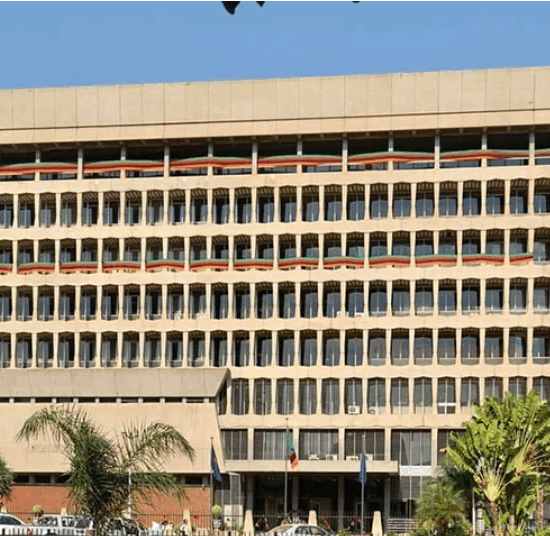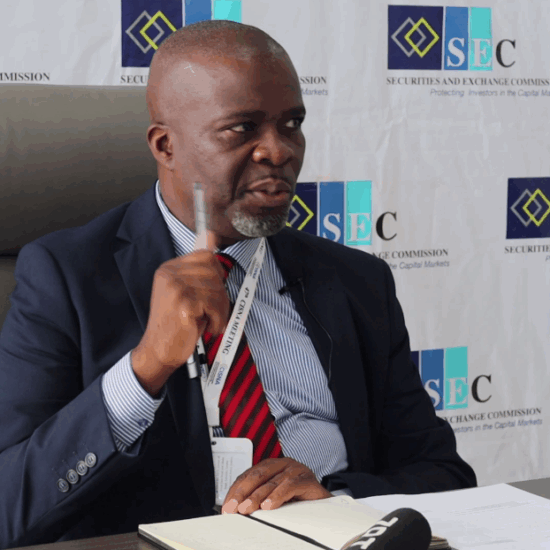
One of Zambia’s leading brokerage firms has revealed that the current rate of fees required for the registration of securities is too high and this is contributing to hindering the growth of capital markets in Zambia.
Pangea Securities, one of the founders of capital markets in Zambia disclosed that the capital market in Zambia faces various challenges with the most prominent being low liquidity and limited participation.
Pangea Securities Chief executive officer Ceasor Siwale said low liquidity and limited participation were the challenges currently facing the Capital Market and thus serving as a hindrance to the market fulfilling its role in the Zambian Economy.
According to information made available to the Zambian Business Times – ZBT , Siwale stated thst “this is particularly unfortunate in the Zambian Capital Market due to the fact that the uptake of securities is never guaranteed as there are often a few or no underwriters of offers and when these come forward, they do so at high underwriting charges.
As fees are the main source of income for the market regulators, the government should consider setting aside funds to financially assist the capital market regulatory bodies,” Siwale said.
He said imposing burdens on the cost of doing business for listed entities or potential listings, does a little to incentivize existing issuers and attract new entrants. Siwale explained that fees should be revised to make listing an attractive option for potential listings by corporates.
He said the Lusaka Securities Exchange (LuSE) Alternative Market (LuSE Alt-M) is a market which was established to be a vehicle of empowerment for small and medium enterprises and local investors and enable them to raise long term cheap capital but is particularly hit by the high fees and rigid listing requirements.
“There is a low investment appetite amongst local Zambians. Poor financial literacy especially in matters concerning investment options is a factor. A comprehensive and systematic programme of sensitization needs to be conducted by Government players and stakeholders in the private investment sector.
“This could include road shows and other sensitization efforts that are funded by the government,” Siwale said.
He said the ‘buy and hold’ approach by institutional investors such as pension funds exacerbates the low liquidity in the market as these tend to hold securities over a long period of time.
Siwale said investment guidelines for institutional investors to operate as some form of market makers need to be put in place. He institutions investors such as pension funds should be encouraged to provide for outsourcing of the investment function to private sector asset managers.
Siwale said the outsourcing of the investment function will stimulate liquidity within the capital market.
“The Government should look at formulating a policy that encourages Pension funds to invest a certain amount of their funds into SMEs using the securities exchange as opposed to direct financing through loans.
There is a need to vigorously ensure enforcement of the minimum free float requirements across the entire listings board to ensure adequate supply of equities which will also encourage foreign portfolio flows into the capital markets,” he said.
Siwale noted that in Zambia, listed companies only enjoy a tax incentive in the inaugural year of listing hence the need for a more recurring system which offers tax benefits to Listed Companies.
He said Listed companies could also be given further tax incentives dependent on the percentage shares that are in free-float beyond the required minimum to encourage the companies to increase the shares they have in free-float.
Siwale explained that it is pertinent that the various laws and regulations that govern the market must operate in harmony with one another.
He observed that an area of concern is the interplay between the LuSE Listings Rules and other industry regulatory requirements.
Siwale said there is need for deliberate policies to be formulated requiring parastatal companies to be listed to increase the number of listed companies and also diversify the sectors available for investment.
“Efforts to increase the type of securities available for investment (e.g. ETFs, derivatives) should be supported by the Pensions and Insurance Authority (PIA) investment guidelines that allow fund managers to invest in such securities.
“Removal or reduction of Withholding Tax on corporate and Government securities (both Treasury Bills and Bonds) will promote participation in the local markets while preserving the tax benefits associated with their status,” he said.
Siwale called for the need for tax incentives for issuers of green bonds and allow increased participation from both local and offshore investors.
He said this will enable the Capital markets to be socially responsive and sustainable to economic growth.
• Growth of Collective Investment Schemes needs to have direct focus to allow mainstreaming of savings into the mainstream financial system. This will provide a competitive opportunity to allow ordinary citizens to grow their wealth and participate in increasing the total gross national income. Additionally, Growth of the Collective Investment Schemes has great potential to grow the total market capitalisation that helps secure a resilient economy over the passage of time.
• Streamline Fund Managers both Pension Fund Managers as well as traditional fund managers under one regulatory body — SEC to help drive the required policy and financial impact for the growth of the market.
The PIA should be given administrative and conduct oversight while the SEC takes care of Financial oversight on all long term savings to allow easier and more impactful delivery of long term capital for the growth of the market.
Zambia’s capital markets have stagnated and struggling to grow to offer alternative sources of finance for local and international corporates. The markets remain illiquid and characterized by low participation and activity.







